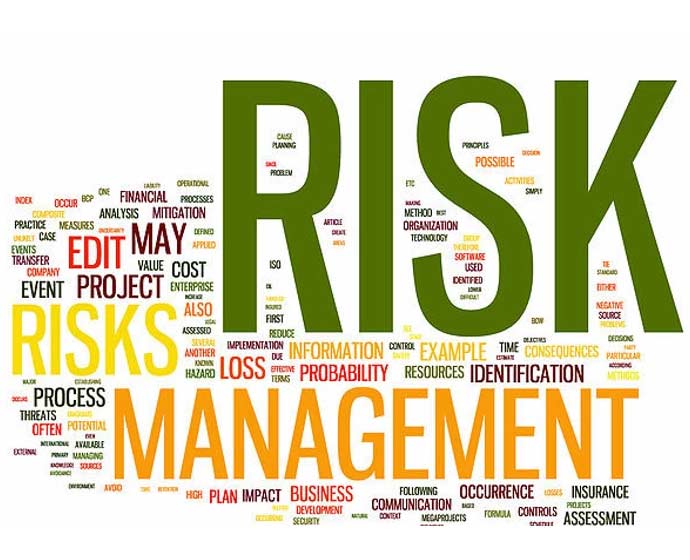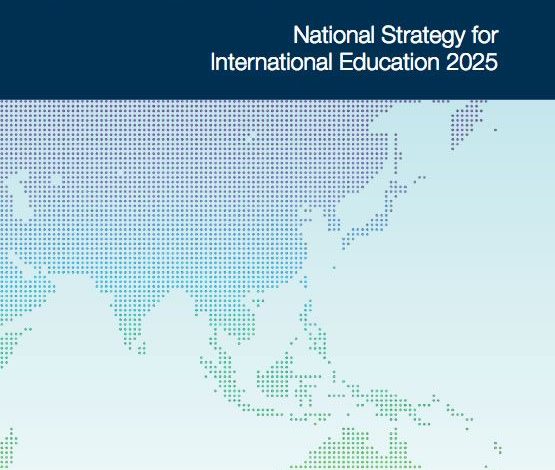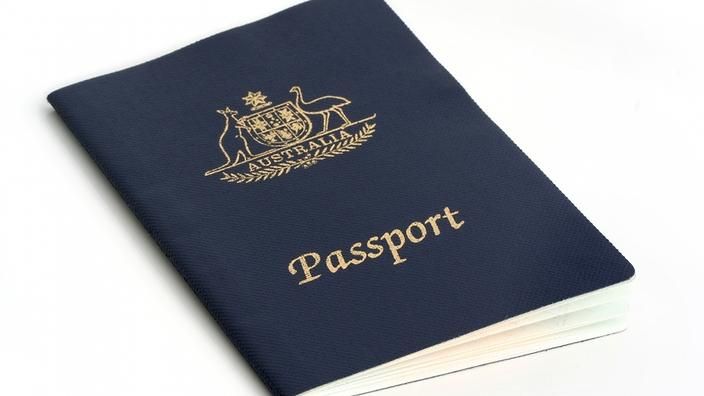ASQA (Australian Skills Quality Authority), VET regulator has recently released its regulatory strategy for 2016-2017. ASQA’s Regulatory Risk Framework, which is part of the published Regulatory Strategy outlines how ASQA fulfils its responsibility by managing risk on two levels:
- Operational (provider risk), and
- Strategic (systemic risk)
Provider risk continues to be a key focus in ASQA’s regulatory role. ASQA addresses this risk by using data and intelligence to identify and intervene with individual providers. ASQA primarily targets those providers that are exhibiting behaviours that pose significant risk to quality training and assessment.
Systemic risk is defined as any risk likely to exist across the sector or in a concerning proportion of providers. If left untreated, significant risks of this type can have a detrimental impact on the quality of training and assessment for individuals, industry and the wider community and may lead to loss of confidence in the sector.
The Regulatory Strategy 2016–17 focuses on ASQA’s approach to systemic risk. This regulatory strategy is informed by ASQA’s 2015 Environmental Scan, which has identified current and emerging risks through stakeholder consultation, market research and VET data analysis. ASQA has also considered recommendations from the Senate Standing Committee on Education and Employment1 when developing this strategy. In developing this strategy, ASQA has taken a best practice approach, by using evidence to identify the areas posing the highest systemic risk to Australia’s VET sector. While there are many issues that compete for ASQA’s VET regulation resources, this strategy focuses on the highest risk areas. Targeting systemic risks aims to maximise the positive impact of ASQA’s regulatory resources. The release of this document signals a significant step in the implementation of ASQA’s enhanced risk-based regulatory approach. As a modern risk-based regulator, ASQA will continue its environmental scanning to identify, monitor and evaluate newly emerging risks and communicate our systemic risk priorities to all stakeholders through the publication of an annual regulatory strategy.
The complexity of systemic risks often means that ASQA cannot address the issues alone and effective outcomes require collaboration with policy, funding and regulatory agencies.
Recognising this, in 2016–17 ASQA will focus on:
- Strengthening collaboration and coordinating responses with state, territory and Australian Government funding, regulatory and program agencies. A risk-based approach requires agile regulatory responses to providers with poor compliance profile.
To address this, ASQA will also focus on:
- Developing an enhanced regulatory approach that utilises a broader suite of regulatory tools to deal with providers. ASQA’s strategic reviews have been successful in investigating and defining the size, nature and causes of the problems in particular sectors. These reviews have produced recommendations for effectively targeting treatment of the VET problems in these industries (which include the childcare, aged care, equine and security industries).
As such, ASQA is
- Continuing to work with its industry partners and other regulators to implement the recommendations from these reviews.
For more Information, please visit ASQA’s website http://www.asqa.gov.au/verve/_resources/ASQA_Regulatory_Strategy_2016-17.pdf















